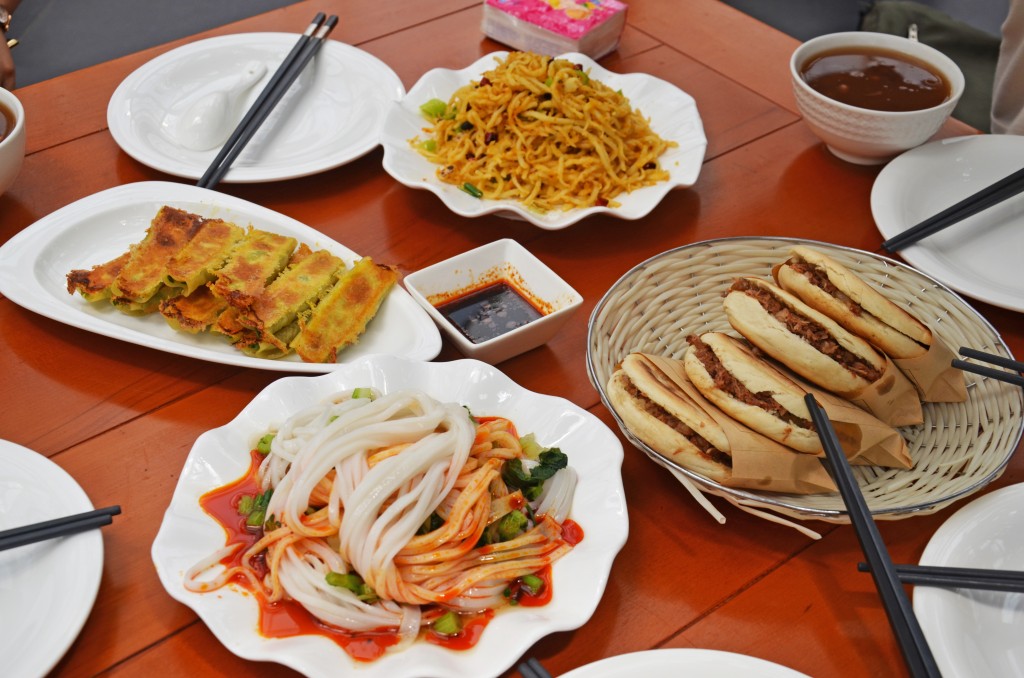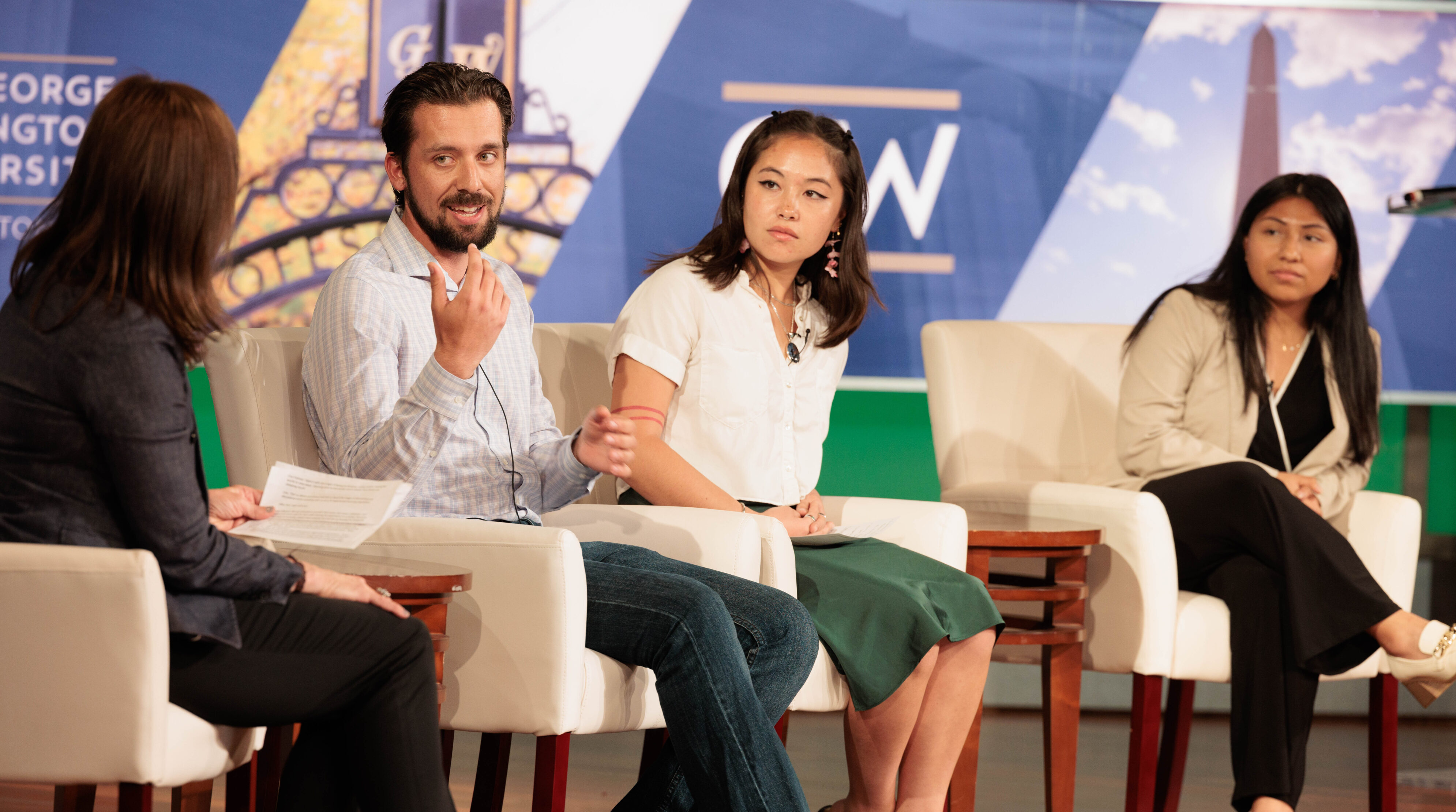
You Are a Micro Food System

By Ruijia “Rose” Wang
FoodWorks intern/University of Massachusetts Amherst student
We all know that, collectively, small actions can have a big impact.
When it comes to food systems — everything from sustainable production to waste management — we tend to only look at the big picture. And that includes the erroneous thinking that the impact of the environment on our food system is out of our control.
History has taught us that civilization was built through hard labor. This meant people worked together to achieve their goals, whether that was to build a shelter, feed a family or build and feed a community. Banding together provided physical and social support for communities, as well as safety.
Food also played — and continues to play — a big role in community, as it connects people through shared experiences and on a cultural level.
According to the World Health Organization, 54 percent of the total global population in 2014 was in urban areas. That’s up from 34 percent in 1960. Beyond the obvious challenges — such as how we’re going to feed a exploding world population while we face dwindling resources — this increasing urbanization feeds a disconnect between people and their food sources.
As technology helps us increase our work efficiency and shortens the geographical distance between people, we’ve unwittingly created a gap that drags people away from previous generations’ manual labor and rural lifestyles. As a result of this lifestyle change, we are relying more on the mass production of food to meet our society’s needs. But the convenience and consumption of easy-to-access foods, whether it is mass-produced or trucked in from massive farms, can have both positive and negative effects on our health and surroundings.
Another problem brought on by modern society? Those who have the purchasing power to acquire high-quality food sometimes don’t appreciate what they eat and take it for granted. That lack of appreciation can cut off the “relationship” we’re trying to build with our environment and the people who produce the foods we eat.
As we focus on the big picture of food systems, we should make sure we reflect on our food choices and ask ourselves those important questions, like, where is my food from? Who grew it? How did the food get here? And how can I preserve food and/or avoid food waste?
By simply being more aware of and taking positive action on what we can change, we can make a big difference regarding our environment — and eventually the food system as a whole — one food decision at a time.
(Photo by Rose Wang.)
How do you move the Planet Forward? Share your thoughts in the comments below, tweet us @planet_forward or contribute to the conversation with your own story via Idea Central.


















